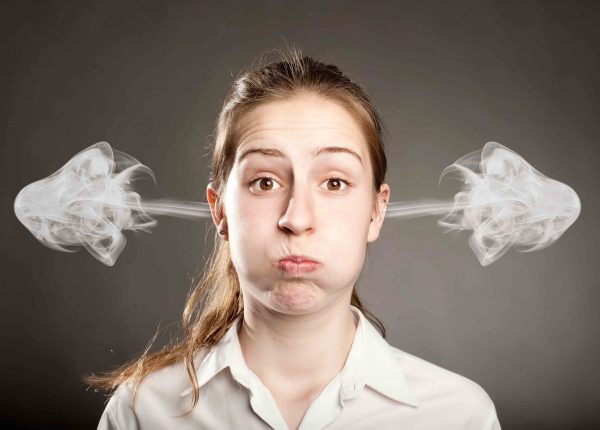Anyone who suffers from social anxiety knows how abrupt and unpredictable an attack can be. These are hard to stop, especially when it had already struck. But there are things you can do to make it a lot less frequent and hard. There are certain habits that we have that can make social anxiety worse without us knowing. These habits we often do every day. In the long run it can worsen anxiety attack. We have to work on these habits to help remove them or at least find better alternatives to them. If you or someone you know suffer from social anxiety here are a few habits that you should not be doing and why.
Alcohol and Cigarettes
Both of these negative vices are known as substances to help cope with social anxiety. People with social anxiety often use alcohol or cigarettes as a way to calm themselves down or at least allow them to cope being in a social situation even if they do not feel like smoking or drinking. However, studies have proven that this will make anxiety a lot worse. Alcohol and cigarettes make you more prone to anxiety attacks and increase levels of anxiety. Alcohol is known to affect serotonin levels, it can make you feel better in the beginning – but as time goes by it can make you feel a lot more anxious and depressed. Alcohol and cigarettes are a common coping mechanism used by people to deal with anxiety. Depending on these substances can lead to addiction.
Skipping Meals
Skipping meals is a common problem for people with anxiety disorder. This is not about eating the right foods or going on the right diet, it is about not eating completely. When we skip meals or go long periods without any food in our blood sugar drops. Once this drop occurs, our mind and body experience anxiety or panic type sensations that can trigger an actual attack. Eating regularly are a vital part of dealing with anxiety disorder. There are certain foods that you need that can help combat social anxiety. Foods that are rich in serotonin, omega 3 fatty acids, B vitamins and selenium are great for reducing anxiety levels.
Sitting All Day
A lot of people with anxiety often have symptoms of depression and one of the common symptoms are lethargy and lack of motivation. This can cause us to sit on the couch all day with little to no movement. For some people this lack of activity can help calm their mind, but can cause higher levels of anxiety for some. However, whichever the effect is for you any lack of physical activity can affect your mood. Exercise plays a huge role when it comes to mental health. Simple activities such as walking for 10 minutes a day can help improve your move. People that work out rigorously are less likely to develop depression and anxiety. Exercising at least 15 minutes a day can help reduce anxiety levels.
Social Media
The rise of social media has its pros and cons. If you are someone who spends a lot of time scrolling through social media, be wary. Social media are proven to increase anxiety, particularly social anxiety. Facebook in particular is known to increase anxiety and depression in people with the disorder. Social media has also created the anxieties in teens when it comes to missing out or seeing things they are not able to do in social media.
Too Much Caffeine
This is something a lot of us are guilty of. The common side effects of coffee are anxious and a jittery feeling. A cup of coffee is good for the body, but if you are someone that can consume about 6 to 8 cups a day — you really need to cut back. Too much caffeine makes you more prone to anxiety and can help intensify anxiety attacks. Caffeine can also cause palpitation, sweaty palms and even panic attacks.
Anxiety disorder has risen in the past few decades. It has become the most common mental illness in the States. It affects 40 million people, not counting undiagnosed cases. You will know at least 4 people that suffer from an anxiety disorder. May it be Social Anxiety Disorder, General Anxiety Disorder, Panic Disorders or Specific Phobias. We have to learn how to deal with the illness or how to help people who have it to cope. It is important for us to learn about the healthy habits you need to have to naturally fight of these disorders and steer away from triggers. Even if you don’t have social anxiety, learning about these habits can help you reduce your stress and keep your mood balance. If your anxiety is inhibiting your life, get a diagnosis from a medical professional and get professional help to adapt to your disorder.
